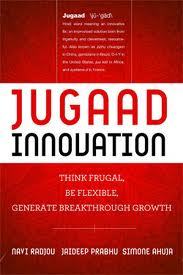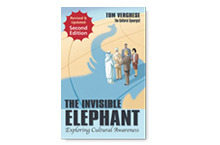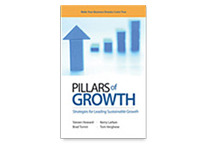 |
| THE CULTURAL SYNERGIST |

A friend recently shared with me an interesting scenario that I thought was worth sharing with you. I think it is a great example of the misunderstandings that culture can produce. Clara needed to purchase a microwave. Her neighbour connected her with a work colleague (Anchal) who was selling household items as she was permanently returning to her home country of India. Anchal had been in Australia for 4 years. Both Clara and Anchal had a couple of telephone conversations discussing the condition, age, price of the microwave and the pick up arrangements. Each time Clara asked Anchal to nominate a price the response from Anchal was that she was happy that it was going to be used and that Clara could 'have it'. On the second occasion Anchal jokingly said that she would charge Clara $1.00. Clara felt uncomfortable to ask Anchal for a fourth time, she also felt uncomfortable to take something without paying for it. Clara decided that she wouldn't ask the price again and settled upon purchasing a food hamper that had a monetary value worth roughly the same amount that she estimated a second-hand microwave to be worth. When Clara went to Anchal's house to collect the microwave she presented Anchal with the hamper, expressing her thanks at Anchal's generosity. The two women enjoyed a cup of tea and a short chat about Anchal's exciting move back to India. Clara was happy with her microwave and assumed that Clara too was happy with the exchange. Dear Clara, What assumptions did both parties make? What role did culture play in this situation? Stayed tuned for our March newsletter for the outcome and the cultural lessons learned. If you would like to read or follow our Cultural Intelligence Blog go to:
http://culturalsynergies.wordpress.com Best Wishes Tom Verghese Send to Friend |
||||
| The Implications of Cultural Differences | ||||
 |
||||
|
|
Jugaard is a Hindi work meaning 'an improvised solution'. This book consolidated for me the incredible innovation that is taking place in India, China and Africa.
The message - Western corporations can no longer rely purely on old formulas. These trusted formulas may have guaranteed success in the past but this doesn't ensure their continued sustainability in the current global business landscape. The authors go on to argue that Western innovation has become too rigid, insular and bloated. There are six principles of jugaad:
Apple, 3M, GE, IBM and Renault-Nissan are some of the Western organisations that are discussed and used as examples of organisations that have successfully demonstrated the principles of jugaad. This is a provocative and inspiring book that I found difficult to put down. |
|||||
RECOMMENDED BOOK: " Jugaad Innovation: Think Fugal, Be Flexible, Generate Breakthrough Growth." By N. Radjou, J Prabhu & S. Ahuja (2012). |
||||||
 |
||||||
|
|
RESOURCES 'Raising Your Cultural IQ - DVD and CD 'Raising Your Cultural IQ' explores the issues around culture, the challenges that culture can pose and provides some great strategies on how to leverage on cultural differences and similarities. 'The Invisible Elephant - Exploring Cultural Awareness' Book testimonial by Asma Ghabshi Visit our store here
|
|
 |
||
 |
||
 |
||
 |
|